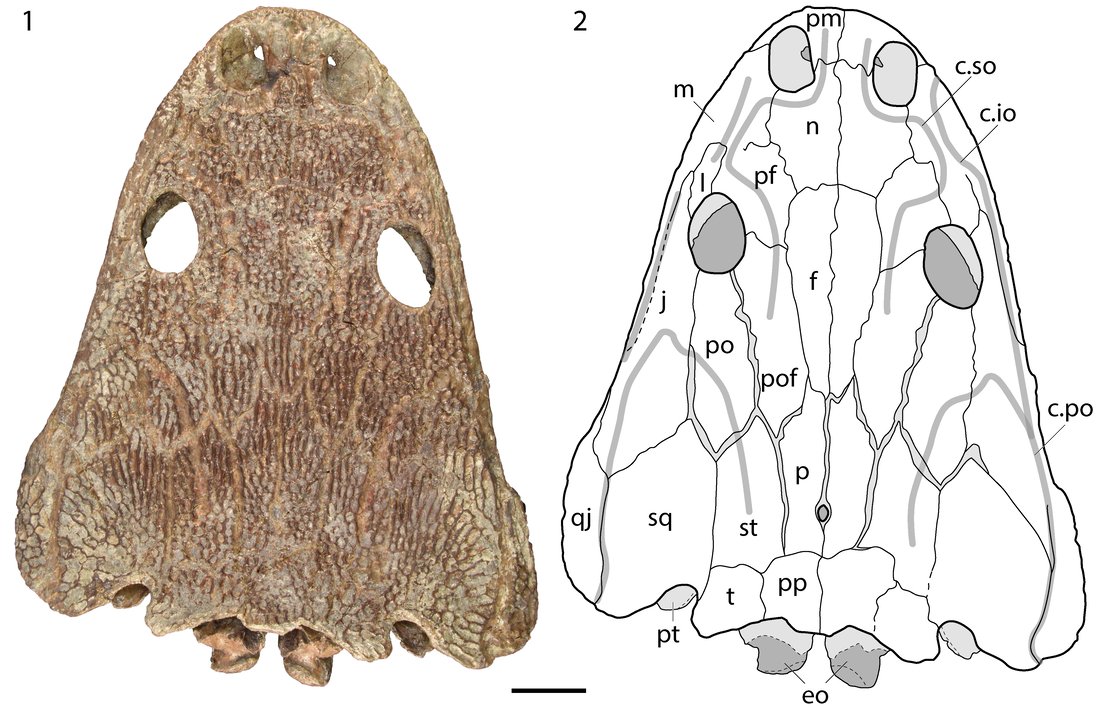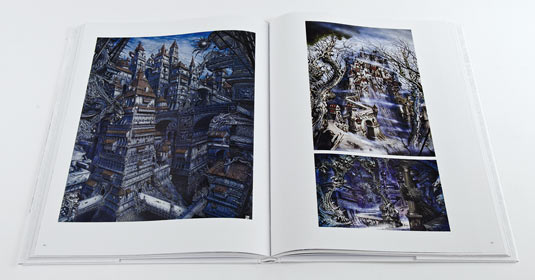

Wagering the Future: Split Collectives and Decolonial Praxis in Assia Djebars Ombre Sultane and Nalo Hopkinsons Midnight Robber, Lara Choksey. The Postcolonial Cyborg in Amitav Ghoshs The Calcutta Chromosome, Nudrat Kamal.-10. Postcolonial Science Fiction and the Ethics of Empire, Bill Ashcroft.-9. Ecopocalyptic Visions in Haitian and Mexican Landscapes of Exploitation, Giulia Champion.-8. The Perverse Utopianism of Willed Human Extinction: Writing Extinction in Liu Cixins The Three-Body Problem (), Thomas Moran.- 7. Evolving a New, Ecological Posthumanism: An Ecocritical Comparison of Michel Houellebecqs Les Particules élémentaires and Margaret Atwoods MaddAddam Trilogy, Rachel Fetherston.-6. Eutopia, Dystopia and Climate Change, Andrew Milner.- 5. Better Societies for the Ethical Treatment of Animals: Vegetarianism and the Utopian Tradition, Joshua Bulleid.-4. Inversion and Prolepsis: Begum Rokeya Sakhawat Hossains Feminist Utopian Strategies, Sreejata Paul.

Science Fictions Ethical Modes: Totality and Infinity in Isaac Asimovs Foundation Trilogy and Yevgeny Zamyatins (We), Zachary Kendal.- 2. Burgmann, Science Fiction and Climate Change (in press).ġ. He is the author of numerous books including, most recently, Locating Science Fiction (2012), Again, Dangerous Visions: Essays in Cultural Materialism (2018) and, with J.

Her research investigates postcolonial literature in original languages and aims to theorise literary cannibalism as a set of practices through the world ecology framework and historical materialism.Īndrew Milner is Emeritus Professor of English and Comparative Literature at Monash University, Australia, and Honorary Professor at University of Warwick, UK. Giulia Champion is completing her doctoral thesis at the University of Warwick, UK.

She is also a creative writer, former editor-in-chief of Colloquy: Text, Theory, Critique and an editor of the Verge: Chimera(2017) anthology. Her PhD examined affect theory and the works of David Foster Wallace. He was recently an editor-in-chief of Colloquy: Text, Theory, Critique and is completing a PhD in Literary and Cultural Studies at Monash University, researching ethics and literary representation in science fiction.Īisling Smith is a teaching associate in literary studies at Monash University and Deakin University, Australia. Zachary Kendal is a librarian in Rare Books at Monash University Library, Australia.


 0 kommentar(er)
0 kommentar(er)
